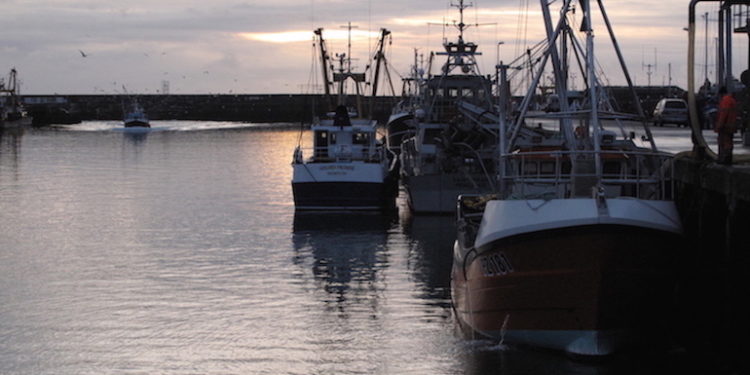According to a recent study, the European Fisheries Fund (EFF) that ran from 2007 to 2013 is estimated to have created 17,000 jobs and supported many more, mainly in the processing sector and through community-led local initiatives.
The same study has also identified further areas for improvement, in particular in terms of impact and sustainability. According to the European Commission, most of these shortcomings are already being addressed in the ongoing program, the European Maritime and Fisheries Fund (2014-2020).
As EFF was established for the 2007-2013 programming period to replace the Financial Instruments for Fisheries Guidance (FIFG) that had been in place since the early 1990s, this coincided with global economic and fuel crises that had significant adverse effects on the fishing sector with reduced access to private finance, stronger public expenditure control, increased financial and economic pressure on the fisheries sector, a decline in demand for fisheries products, and stagnating or falling prices.
This background influenced the implementation of the EFF, which had been designed before the inception of the global crisis.
In 2007, 4.3 billion euros of EU funds were allocated to the Member States through individual Operational Programmes. By the end of the programming period, 90% of this amount had been transferred to beneficiaries, although de-commitment throughout the programming period reduced the final disbursement to just over 4 billion euros.
EFF is claimed to have enhanced the competitiveness of the EU fleet by supporting the modernisation of the remaining fleet, improving fishing ports and landing sites, increasing the added-value of fish products with investments in marketing and processing, and supporting local development in fisheries-dependent areas. Furthermore, the EFF contributed to an increase in fuel efficiency and selectivity of fishing methods.
The study states that funding was particularly important in sustaining the aquaculture sector during the economic downturn, although EU aquaculture production increased less than global aquaculture production over the programming period. Nevertheless, the EFF supported competitiveness in the aquaculture and processing sectors, and its contribution proved highly relevant especially in times of crisis.
Between 2007 and 2015, the capacity of the EU fishing fleet decreased by 17.5% (in gross tonnage), of which more than half (53%) was decommissioned with financial support from the EFF. However, the study concluded that reductions in the fleet may not have been long-lasting and structural. The evaluation further concludes that the EFF contribution to the sustainable exploitation of fisheries is unclear, given that sustainability is largely the result of fisheries management measures.
The EFF supported more than 134,000 operations, including 92,000 targeting fishing vessels owners or crew members. Other types of beneficiaries included Small and Medium Enterprises, aquaculture farmers, producers’ organisations, Non-Governmental Organisations, port authorities, etc. 11,500 operations were supported by Fisheries Local Action Groups to the benefit of the local community in fisheries-dependent areas.
Issues raised by ex-post evaluation of the EFF have already been addressed in the EMFF (2014-2020), but a number of specific points will be further addressed in the years to come.









